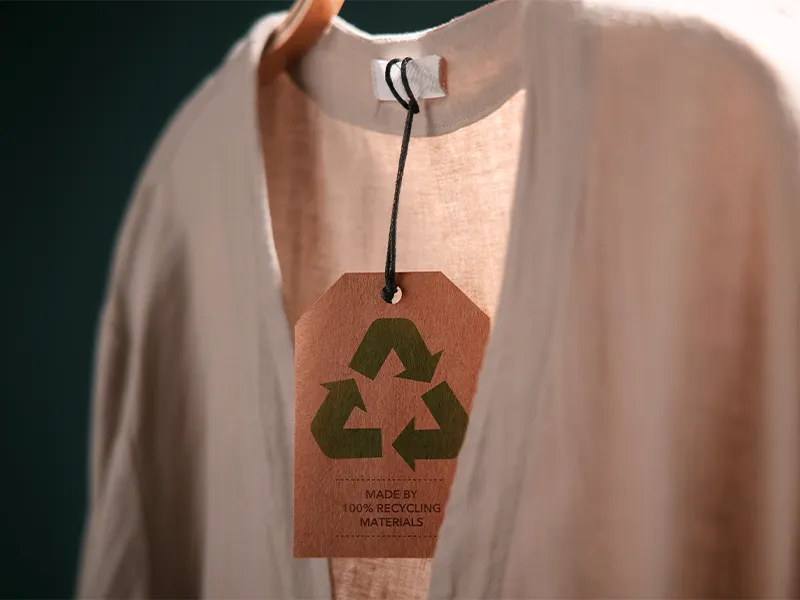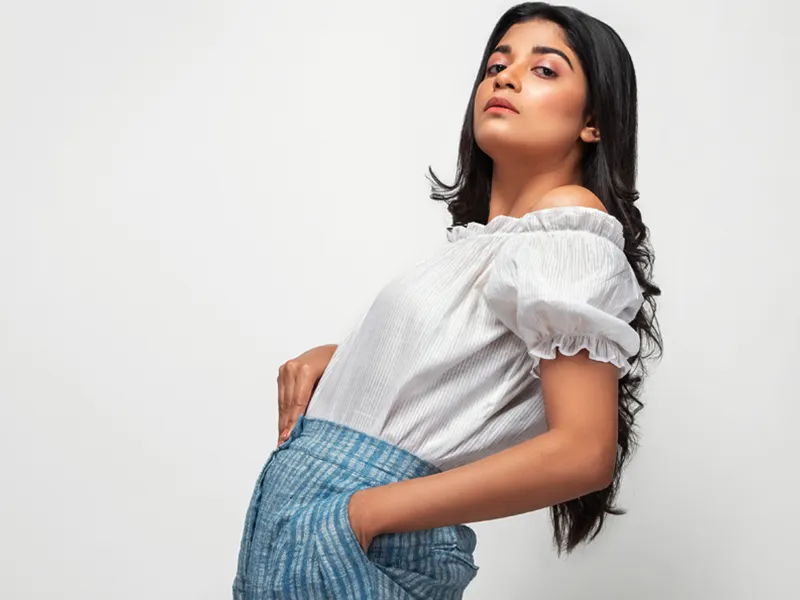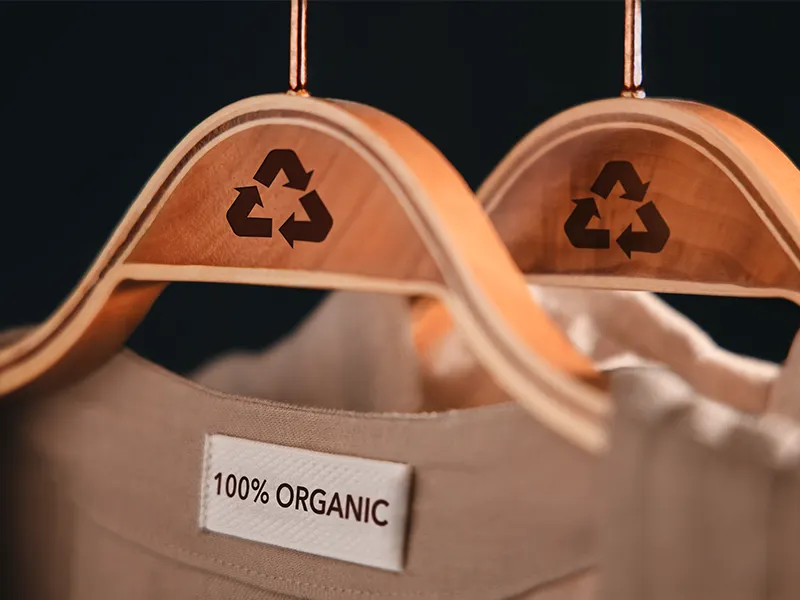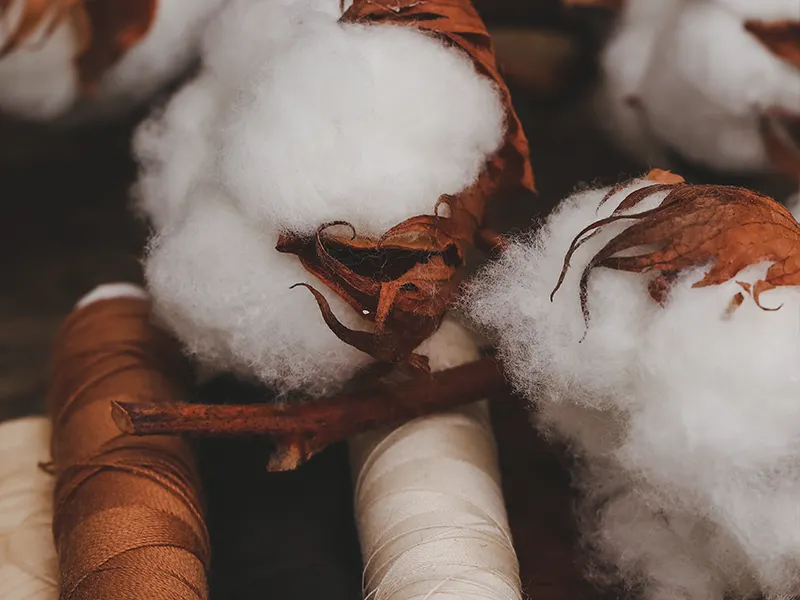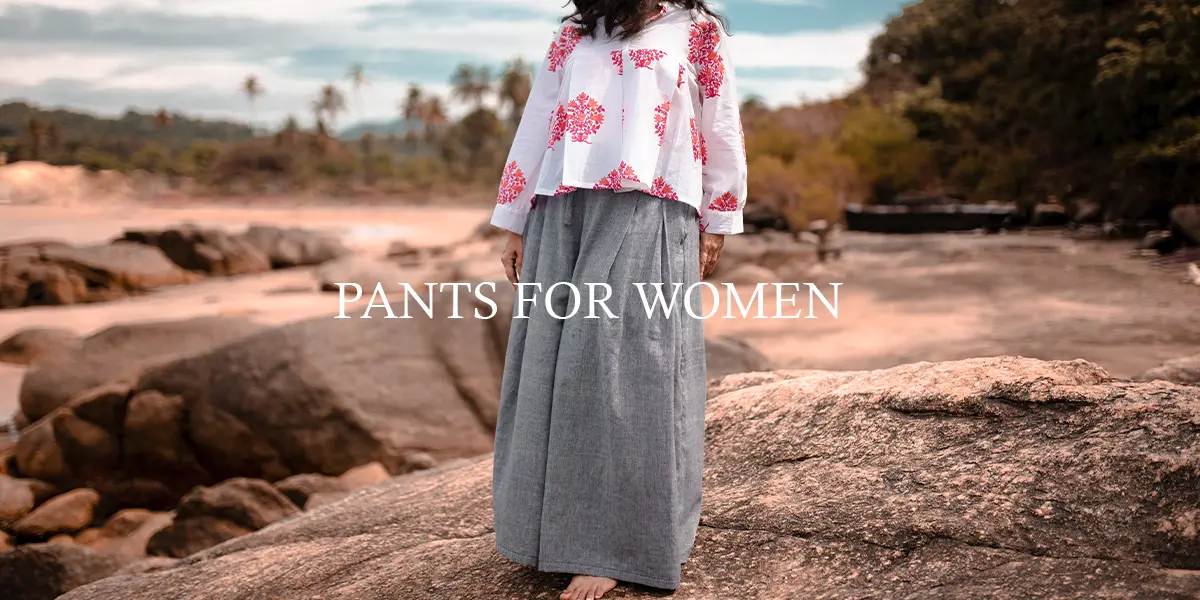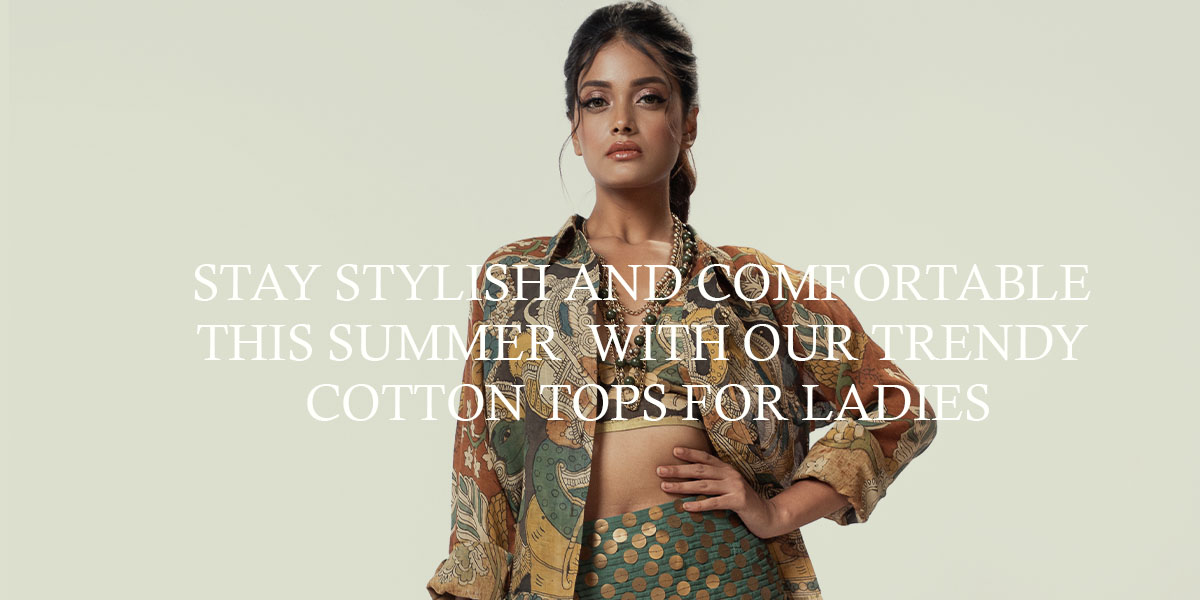Sustainable practices
Sepia Stories is a trailblazer in the realm of sustainable practices, promoting sustainable resource development and ethical fashion in India. Their commitment to environmentally conscious choices is clear in their line of slow fashion clothing. By embracing sustainable materials and production processes, Sepia Stories is making a significant impact on the fashion industry. With a focus on promoting sustainable fashion in India, they inspire consumers to choose thoughtfully, emphasizing quality and longevity over disposable fashion. Their dedication to ethical and eco-friendly practices sets a meaningful example, encouraging a shift towards a more sustainable and responsible approach to fashion in the region. Sepia Stories epitomizes the essence of a successful sustainable business, setting the benchmark for sustainable companies across industries. With a steadfast commitment to a sustainable approach for a green environment, Sepia Stories embodies the ethos of environmental stewardship in every aspect of its operations. From the sourcing of materials to the production processes, Sepia Stories prioritizes sustainability goals, ensuring that each step aligns with clear sustainability targets.
Sustainable practices in fashion
Sepia Stories is at the forefront of promoting sustainable environmental development in the fashion industry, offering a unique blend of sustainable fashion branding and affordable sustainable clothing in India. Their commitment to environmentally conscious practices extends beyond producing eco-friendly garments. Sepia Stories is dedicated to creating a sustainable fashion ecosystem that encompasses every aspect of the supply chain. By prioritizing sustainable materials, ethical production methods, and transparent branding, they’re setting a meaningful example for the fashion industry. In a world where sustainability is more crucial than ever, Sepia Stories provides consumers with a practical and affordable path to dressing responsibly and contributing to a more eco-friendly future. Through specific sustainability goals and a robust sustainable business strategy, Sepia Stories navigates the landscape of modern commerce with integrity and purpose. By embracing sustainable practices in business, such as sustainable supply chains and economic sustainability, Sepia Stories not only minimizes its environmental footprint but also contributes positively to the communities it serves.
Ethical fashion brand
Sepia Stories, the quintessential ethical fashion brand, stands as a symbol of embracing sustainability in fashion. Their commitment to creating economic sustainable clothing options is at the heart of their mission. By thoughtfully integrating sustainable materials, ethical manufacturing, and transparent practices, Sepia Stories exemplify a new era of conscious fashion. They prove that it’s possible to marry a style of sustainability, offering consumers an opportunity to make environmentally responsible choices while looking their best. In a world where the fashion industry’s impact on the environment is a pressing concern, Sepia Stories represents a meaningful and stylish solution for those who seek to make a positive change and support sustainable fashion. In a world inundated with non – sustainable products, Sepia Stories stands as a beacon of hope, offering sustainable product alternatives that resonate with conscientious consumers. With a keen focus on environmental sustainability practices and a dedication to exploring sustainability solutions, Sepia Stories paves the way for a more sustainable future.
Sustainable clothes
Sepia Stories is a trailblazer in the realm of sustainable clothes, adhering to a set of rigorous sustainable principles that guide their ethical fashion journey. Their commitment to transparency and eco-conscious choices is showcased through their sustainable fashion blog, offering a valuable resource for those seeking to adopt a more sustainable wardrobe. Their platform serves as an ethical fashion guide, providing insights into making conscious clothing choices. Sepia Stories sets a meaningful example in the fashion industry by promoting sustainable principles, sparking a shift towards mindful consumption, and supporting ethical fashion practices that benefit both consumers and the environment. As one of the leading sustainable clothing brands, Sepia Stories sources materials from sustainable sources, ensuring that each garment embodies the principles of sustainability and ethical production. Through its sustainable operations and ongoing innovation, Sepia Stories continues to redefine the boundaries of what it means to be a sustainable business in the modern era, proving that profitability and sustainability can indeed coexist harmoniously. With a focus on introducing sustainable new products, Sepia Stories demonstrates its commitment to staying at the forefront of sustainability, offering consumers innovative and eco-conscious alternatives to traditional fashion offerings.
Sustainable fashion industry
Sepia Stories are a beacon of positive change in the sustainable fashion industry, promoting the core values of sustainable production and slow fashion. With a commitment to transparency and ethical practices, they exemplify what sustainability in fashion brands can achieve. By meticulously selecting eco-friendly materials, minimizing waste, and emphasizing quality over quantity, Sepia Stories embraces slow fashion, encouraging consumers to make mindful choices. Their dedication to sustainable production not only reduces the environmental impact but also sets a meaningful example for the industry, demonstrating that fashion can be both stylish and eco-conscious, paving the way for a more sustainable and responsible fashion future. Sepia Stories stands as a beacon of sustainable practices, exemplifying a steadfast commitment to a sustainable approach for green environment. In a landscape where many sustainable businesses vie for recognition, Sepia Stories distinguishes itself through its unwavering dedication to sustainable business practices today. Through a relentless drive to explore sustainability solutions, Sepia Stories continually innovates, pushing the boundaries of what is possible in the realm of sustainable fashion.
Sustainability in fashion industry
Sepia Stories are a guiding light in the ethical fashion industry, showcasing the potential for sustainability in the fashion industry. Their commitment to ethical practices and sustainable choices is clear in their collection of sustainable fashion clothes. Sepia Stories not only provide stylish attire but also offer a wellspring of sustainable fashion ideas, inspiring consumers to embrace eco-conscious choices. By prioritizing transparency and responsible production, they exemplify how the ethical fashion industry can grow. Their dedication to sustainability shows that fashion can serve both style and conscience, fostering a more sustainable future for the industry and empowering consumers to make meaningful choices. By embracing certain sustainability practices, such as sourcing materials from sustainable sources and implementing eco-friendly production processes, Sepia Stories aligns its operations with sustainable goals that prioritize environmental conservation and social responsibility.



